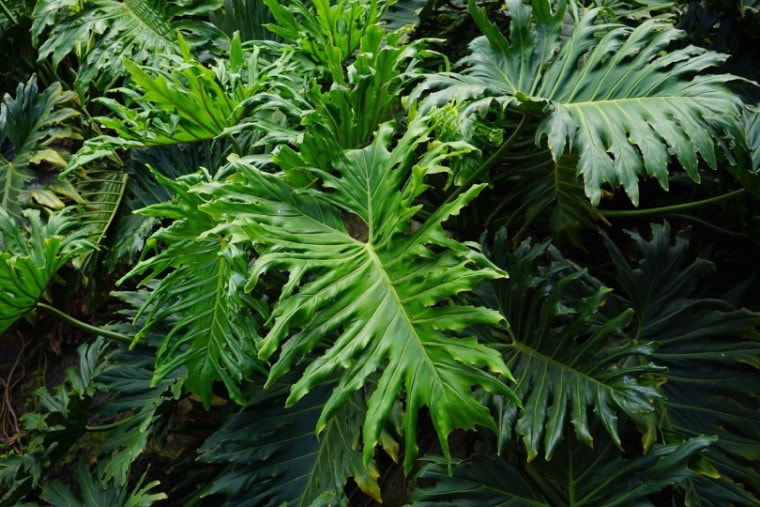
When we get a new cat, most owners set about cat-proofing the house by ensuring that cleaning products and chemicals are put out of reach. We will also check things like essential oils and diffusers to make sure that they are safe to have in the house with cats, but one group of items that we are less vigilant about is houseplants. Many cats enjoy a munch on the green leaves and flowers that we keep potted on the living room mantlepiece, and some of them can be highly toxic to our pets. One such plant, philodendron, is toxic to cats. Let’s learn everything you need to know about philodendron and cats in this article.
Philodendron & Cats
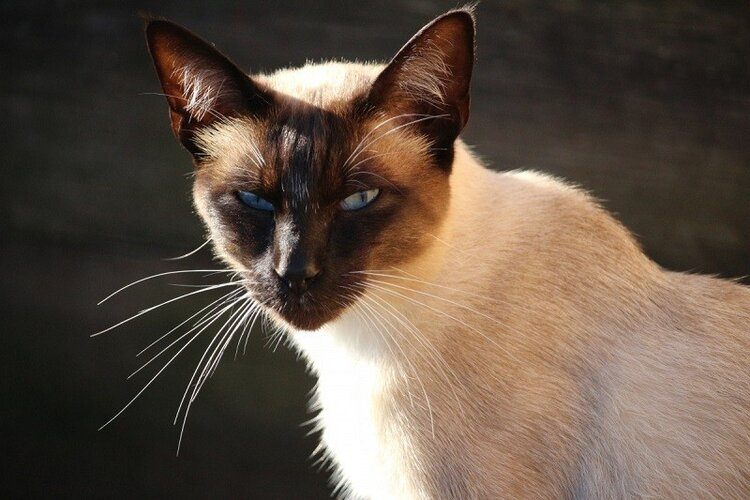
The philodendron is a genus of plants that includes more than 400 species, including the popular Swiss cheese plant. The leaves of philodendrons contain calcium oxalate crystals. When chewed, these crystals irritate the mouth. If ingested, they can also irritate the lining of the stomach and intestines.
Signs that your cat may have munched on your philodendron include a watering mouth, vomiting, and blood from the mouth. Thankfully, the problem will rarely be worse than a sore stomach or, if your cat gets the crystals in its eyes, it could also lead to watering eyes. In extremely rare cases, cats can experience respiratory difficulties due to swollen airways.
Although it rarely requires veterinary treatment, you should monitor the symptoms and consult your vet if they do get worse. Otherwise, keep a close eye on your cat and offer ice cubes, water, or some delicious cat-friendly chicken broth cooked without garlic or onion. Ice helps to reduce the inflammation while liquids will flush the crystals from your cat’s mouth and help to alleviate the discomfort that they have caused.
The 5 Other Plants That Are Toxic to Cats
Philodendrons are said to be mild to moderately toxic to cats, but they are just one house plant that could cause discomfort or worse for your feline friend. Five other popular house plants that you should prevent your cat from eating include:
1. Lilies
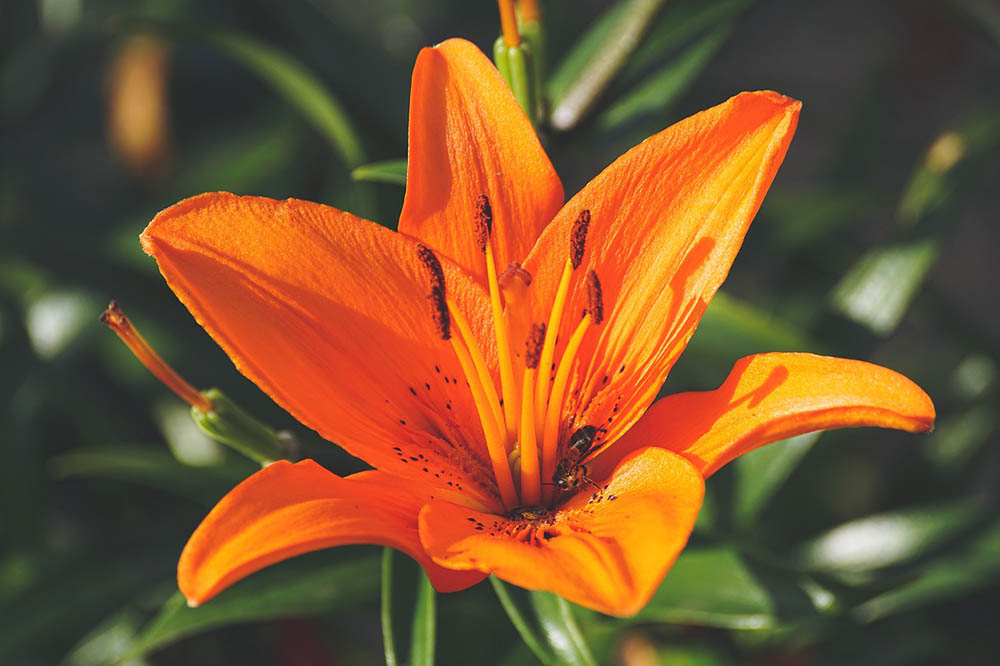
It is quite well known that lilies are potentially dangerous for cats. In fact, they are considered highly toxic and can prove fatal if ingested. You should avoid having any type of lily in your home, including Easter lilies or Day Lillies. If your cat does eat one, symptoms start with vomiting and diarrhea and can cause a loss of appetite as well as kidney damage and organ failure.
2. Cannabis
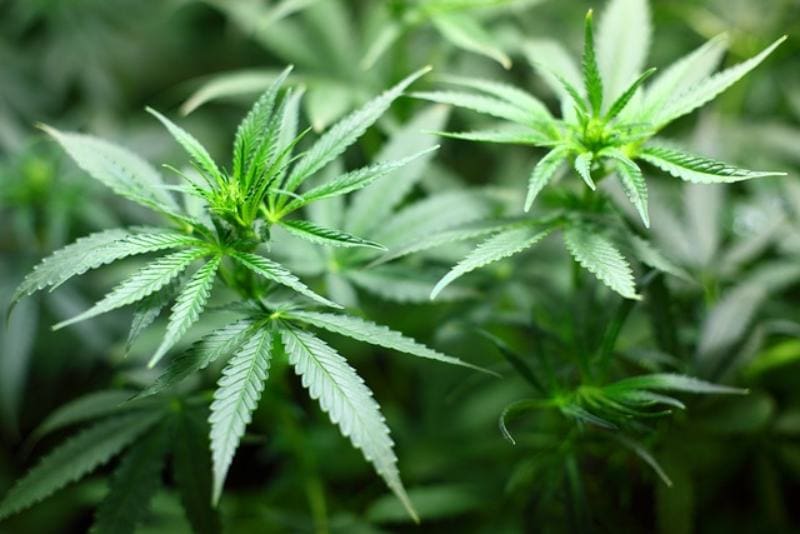
Although it is more common in dogs, cannabis poisoning is a common problem in all pets. The plants contain delta-nine tetrahydrocannabinol which leads to a loss of coordination and tremors and may also cause seizures and respiratory problems. Severe cases can put your cat in a coma.
3. Ivy
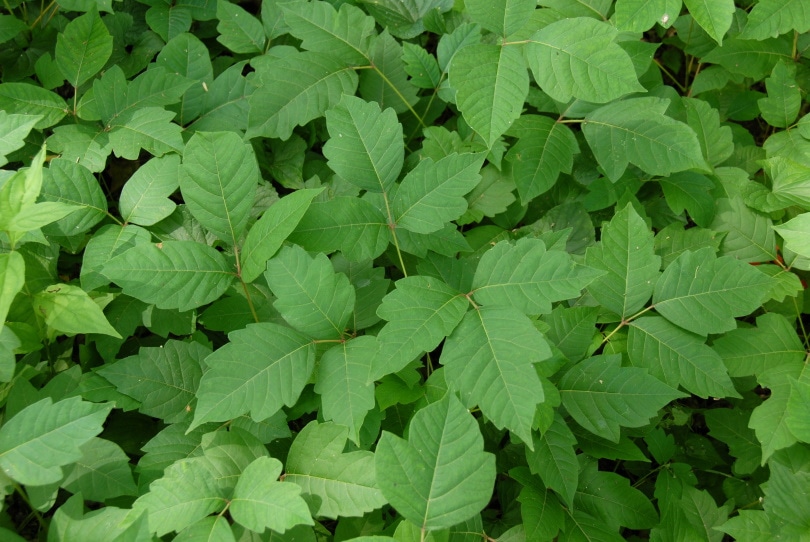
Ivy is another common houseplant that cats should not eat, although, unlike cannabis and lilies, it is, at least, only considered moderately toxic. Ingestion can still lead to vomiting and diarrhea, however, as well as foaming at the mouth and swelling of the face and facial features. Ivy also grows outdoors in a lot of gardens and on the walls of buildings, so if you see these symptoms, your cat may have ingested this plant outside the house.
4. Rubber Tree Plant

The rubber tree is another moderately toxic plant. Its sap can cause contact irritation, and its ingestion can lead to drooling, vomiting, decreased appetite, and diarrhea in cats.
5. Aloe Vera
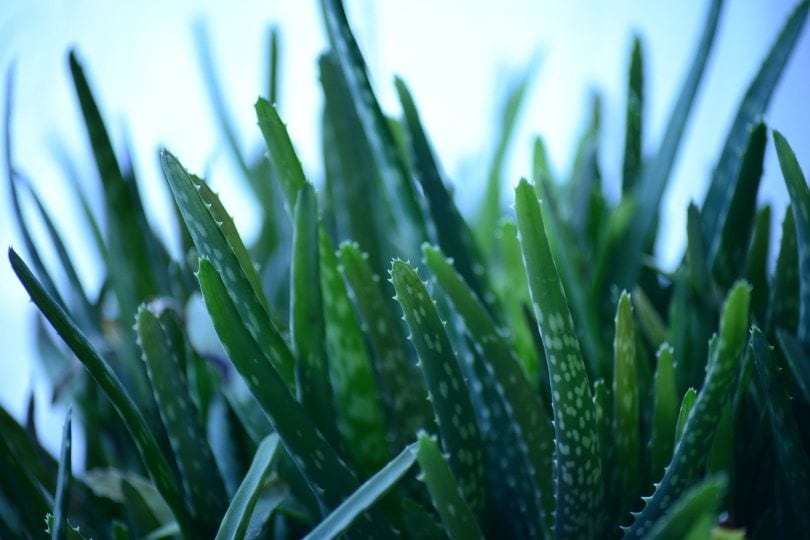
Aloe vera is not only commonly kept indoors but is considered to have multiple health benefits for humans. However, the same is not true for cats and dogs, who can suffer signs ranging from vomiting and diarrhea to tremors and even anorexia if they ingest the latex in the leaves. The crystal gel inside the aloe is considered edible, but the outer skin of the leaf and the latex layers are not.
Conclusion
Philodendrons are one of many house plants that are toxic to cats. While they are not considered as poisonous as the likes of lilies or cannabis, they can cause mouth irritation and gastrointestinal upset. If your cat ingests any of these plants, give them ice cubes or water to help flush off the crystals and keep a close eye on them. In the very unlikely case you notice respiratory issues, bring the cat to the vet.
Related Reads:
- Are ZZ Plants (Zamioculcas Zamiifolia) Toxic to Cats?
- Are Jade Plants Toxic To Cats? What You Need To Know!
Featured Image Credit: hans, Pixabay








